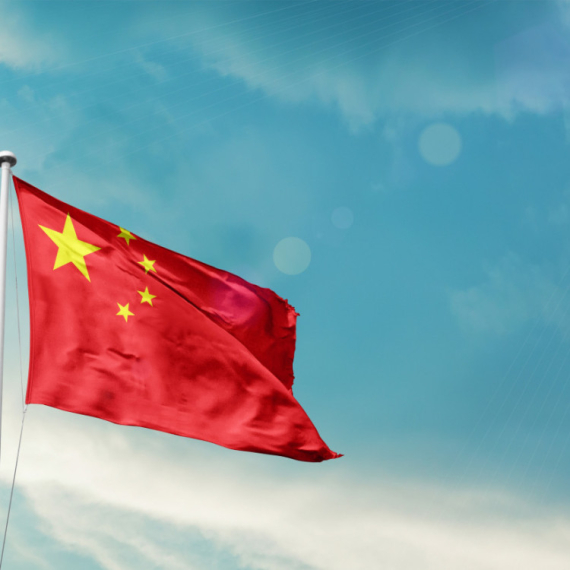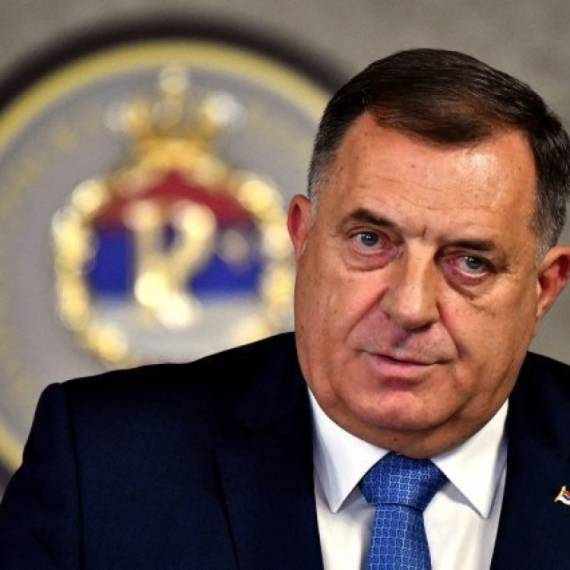CEFTA market not immune to crisis
Maintaining Serbia's leading position within the regional free trade agreement, CEFTA, will be difficult this year, business people warn.
Sunday, 04.01.2009.
14:44

Maintaining Serbia's leading position within the regional free trade agreement, CEFTA, will be difficult this year, business people warn. This is due to the fact that the global economic crisis will also affect this market, the only one where Serbia reports a trade surplus. In 2008, that surplus was worth USD 1.6bn. CEFTA market not immune to crisis However, the states that have signed the agreement are often violating it in a bid to protect domestic production. CEFTA signatories include Serbia, Macedonia, Bosnia, Croatia, Montenegro, Moldavia and Albania, giving producers a market of 25 million consumers. Serbia is mostly exporting iron, steel, agricultural produce and foodstuffs. Now the crisis, that has lowered the demand, is coupled with the fact that not all the red tape has been removed. Serbian Chamber of Commerce (PKS) President Milos Bugarin believes this is precisely where the state can be of most help. In addition to this, every once in a while affairs breakout over one of Serbia's trademark products, that many see as an unfair form of raising non-customs barriers. Bugarin says that these affairs have been "manufactured and artificial", launched with "malicious intent and in order to penalize those countries that have their own brands and name". Serbia will therefore insist with the WTO and the CEFTA Forum that a more strict form of monitoring be introduced, along with a system penalizing those signatories found in violation of the deal. This is designed as added support to producers as look to achieve a trade surplus this year as well.
CEFTA market not immune to crisis
However, the states that have signed the agreement are often violating it in a bid to protect domestic production.CEFTA signatories include Serbia, Macedonia, Bosnia, Croatia, Montenegro, Moldavia and Albania, giving producers a market of 25 million consumers.
Serbia is mostly exporting iron, steel, agricultural produce and foodstuffs.
Now the crisis, that has lowered the demand, is coupled with the fact that not all the red tape has been removed.
Serbian Chamber of Commerce (PKS) President Miloš Bugarin believes this is precisely where the state can be of most help.
In addition to this, every once in a while affairs breakout over one of Serbia's trademark products, that many see as an unfair form of raising non-customs barriers.
Bugarin says that these affairs have been "manufactured and artificial", launched with "malicious intent and in order to penalize those countries that have their own brands and name".
Serbia will therefore insist with the WTO and the CEFTA Forum that a more strict form of monitoring be introduced, along with a system penalizing those signatories found in violation of the deal.
This is designed as added support to producers as look to achieve a trade surplus this year as well.























































Komentari 0